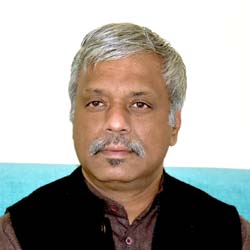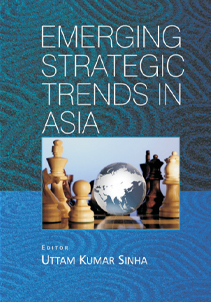Challenges to the Himalayan Watershed
Research Fellow, IDSA, Dr Uttam Sinha's chapter ‘Challenges to the Himalayan Watershed’ was published in the volume ‘Himalayan Bridge’edited by Niraj Kumar, George Van Driem and P Stobdan.
Abstract of the Chapter
This chapter observes the driving forces behind the water demand, on the political obstacles that stand in the way of river cooperation and the behaviour of riparians in the backdrop of the changing Himalayan hydrology.









